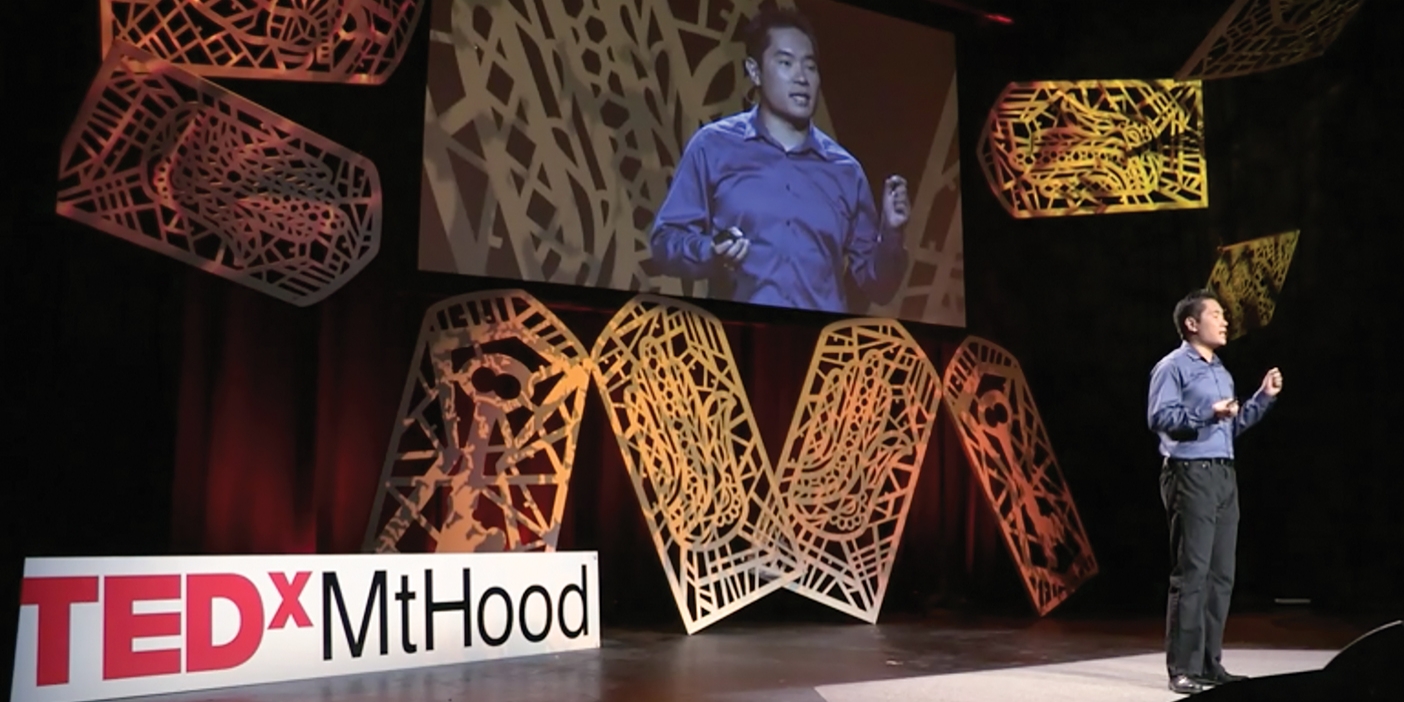
Say you’re an investor with a million bucks burning a hole in your bank account. Where do you put it? There’s that start-up touting its shiny new gadget, which its entrepreneurs assure you sits poised to steamroll the competition. All that’s needed to get things rolling, they say with a smile, is a financial nudge from investors like you.
But before you cut a check, you’ve got questions: What’s the competition? Is there evidence consumers are hankering for this product? Does the org chart make sense? Sure, they plan to make a splash, but which is more likely—a swan dive or a belly flop?
These are just the sorts of questions 14 select BYU MBA students ponder each year as they manage their $3.9-million (not-Monopoly-money) investment fund, BYU Cougar Capital. If it were ranked with professional firms, BYU Cougar Capital would land in the top 10 percent for the performance of its portfolio, which currently includes up-and-comers Chatbooks, Signifyd, and Degreed.
But the creator of the program, entrepreneurship teaching professor Gary P. Williams (BS ’73), says it’s not about returns, which are all reinvested into the program. It’s about providing a hands-on learning environment (Williams’s mantra is “learn, do, become”), one that Forbes magazine included among its most innovative MBA courses.
But course might feel like the wrong word. Stepping into a Cougar Capital class is more like walking in on a board meeting. Students with individual job descriptions lead discussions on promising start-ups, discuss relations with professional firms, and craft investment exit strategies.
In 12 years Cougar Capital has joined larger “syndicates” of professional investors in some 35 deals—chipping in $25,000 here and $75,000 there to much larger investments. The students “diligence” the deals—asking those tough questions and providing data for their investment partners to determine whether to lay down money or not. That legwork has paid off in a big way for Cougar Capital—and the partnering firms—as the fund has grown sixfold from the original donation that got it started.
The students have also excelled at the international Venture Capital Investment Competition, a Shark Tank–esque investment simulation spanning three months. The 2016 team won it all, beating out the likes of Notre Dame, Chicago, and Berkeley (from among the top 70 MBA programs around the globe). The feat is harder than the BYU teams have made it look, as students estimate spending 250 hours each in prep and competition time. But the time and the pressure-cooker environment are worth it, says Erika J. Nash (BS ’14), a 2016 participant: “I learned in one week what it takes some professionals to learn in months or maybe even years. The expedited learning process of preparing for the competition and actually competing was life changing.”
With Cougar Capital alumni now sprinkled throughout major investment firms and corporations—from Adobe and Amazon to LinkedIn and General Electric Ventures—Williams isn’t surprised at their success.
“I’ll tell you what,” he says, “if you just give these students some structure and point them in a direction, they are amazing.”












